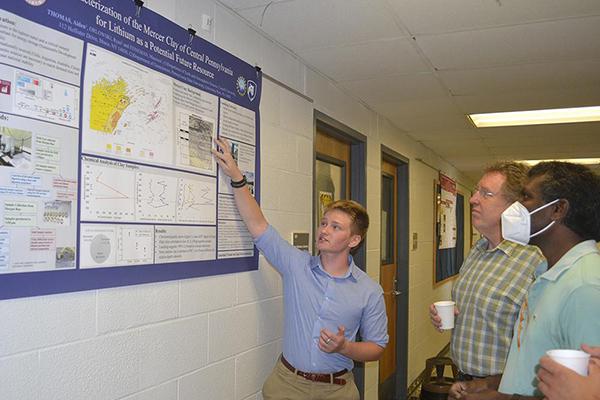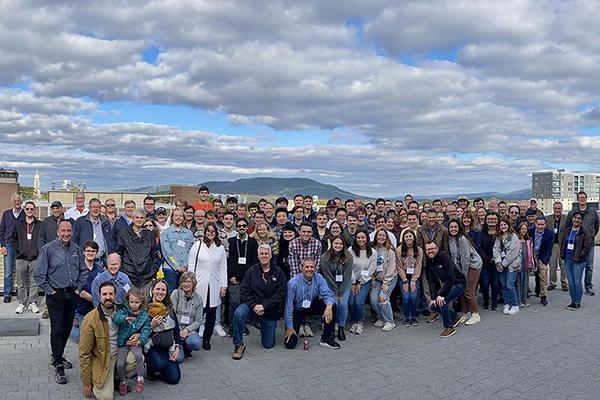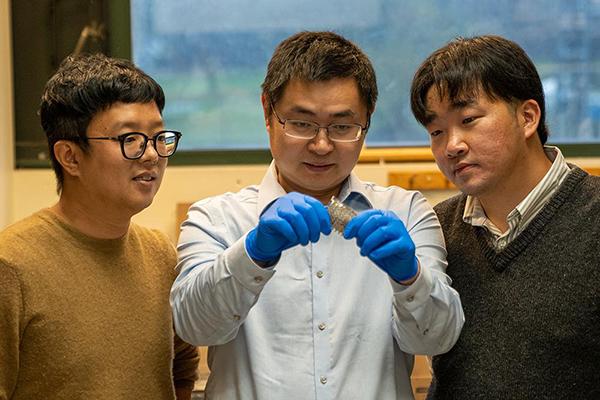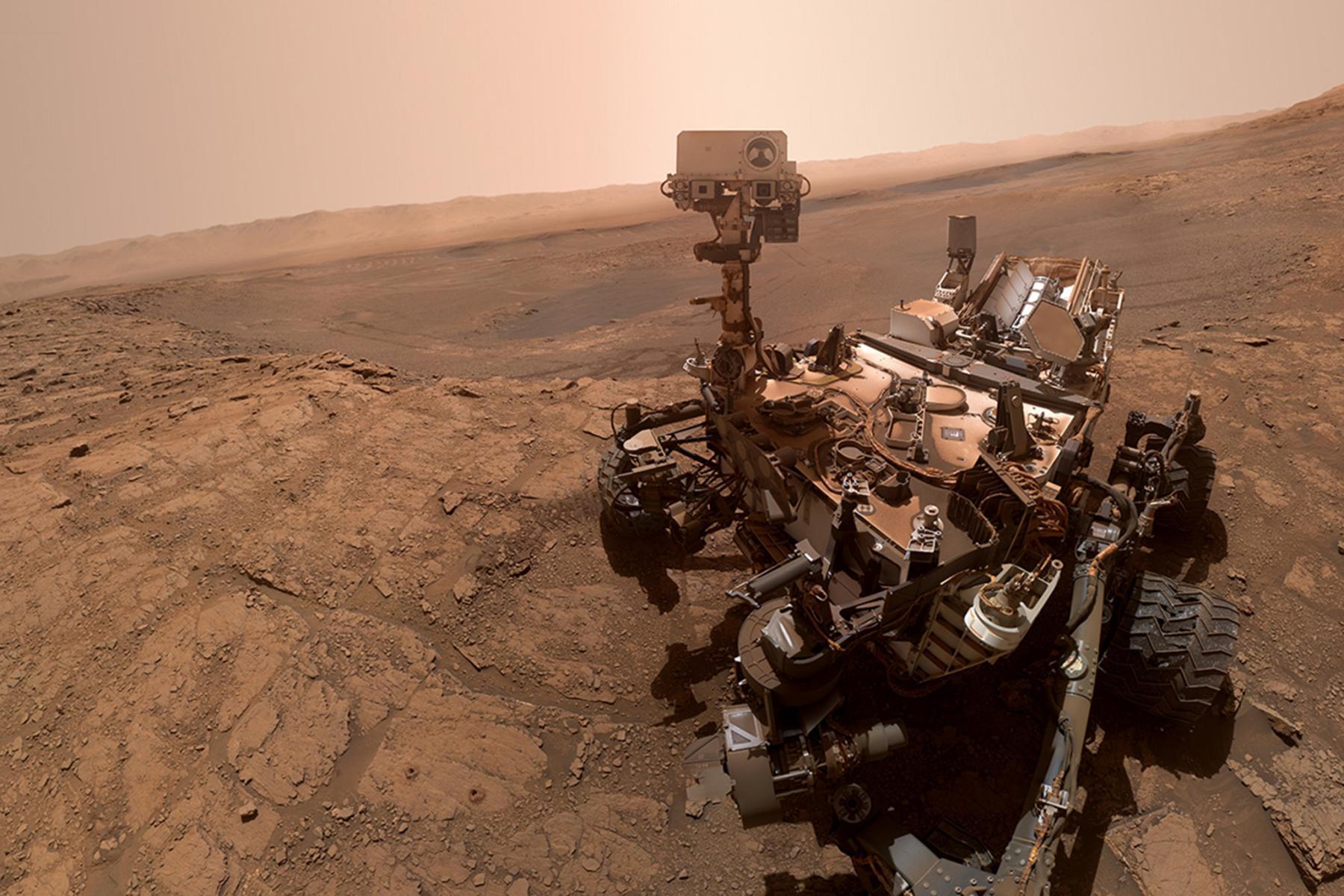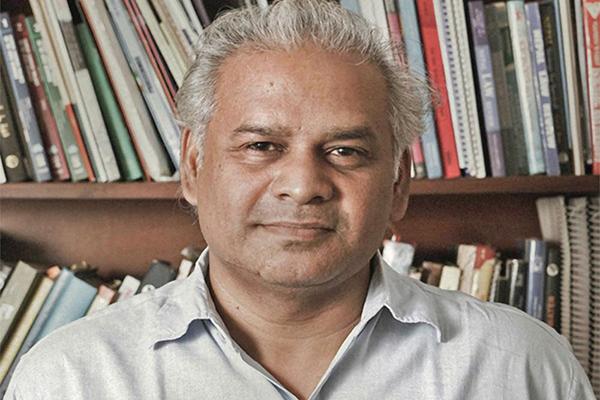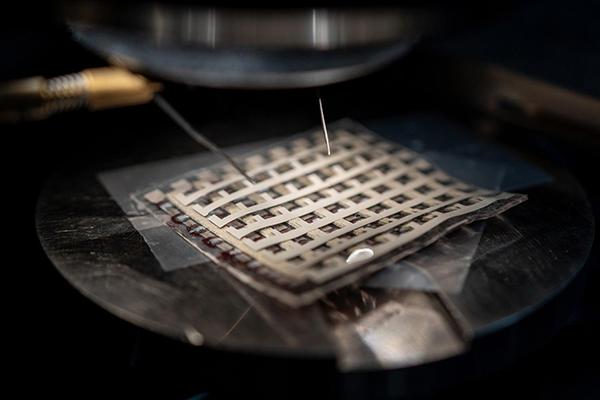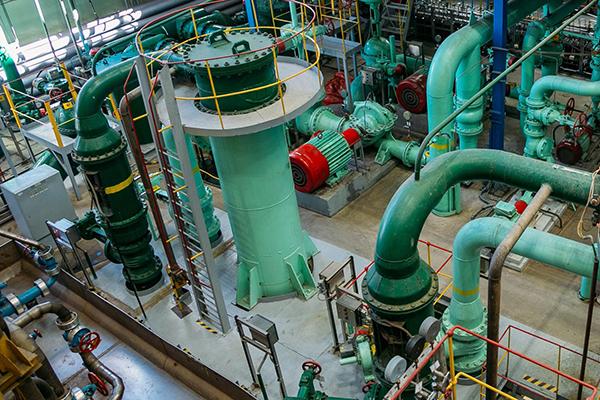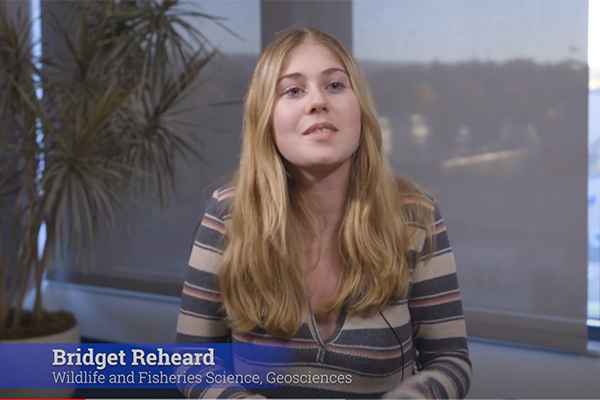The geosciences fields are at a turning point, where the jobs of the next 50 years are likely to be quite different from the jobs of the last 50 years.
For fledgling forecasters and budding broadcasters, the Campus Weather Service at Penn State has a reputation for real-world readiness.
Hu Barnes died Aug. 3, at the age of 94. Barnes’ entire life was driven by curiosity. He chased his research objectives for 37 years at Penn State and remained active for decades as a professor emeritus.
Electronic devices, such as robotics or medical devices, are becoming more flexible as technology advances, so Penn State researchers have developed a fully rubbery stretchable diode that maintains performance.
This fall, NASA’s Curiosity rover reached new heights.
Srinivas Chokkakula, Ministry of Jal Shakti Research Chair with the Centre for Policy Research in New Delhi, will give the talk “Conflicts and Complicit Climate Change: Transboundary Water Governance in South Asia” as part of the Department of Geography’s Coffee Hour lecture series.
Soft, elastic semiconductors and circuits could advance wearable medical devices and other emerging technologies, but the high-performance electronics are difficult and expensive to manufacture.
A small percentage of land and coastal waters provides most of the global population with the ecosystem services needed to support human well-being, and maintaining these areas can advance the United Nations’ development, climate and biodiversity conservation goals, according to an international team of researchers.
A team of researchers at Penn State is investigating how contaminants in power plant water cycles affect the integrity of steel pipes and tubing in power generation systems.
David Flores says he works off the common wisdom that you’re made up from the average of the five people closest to you.


